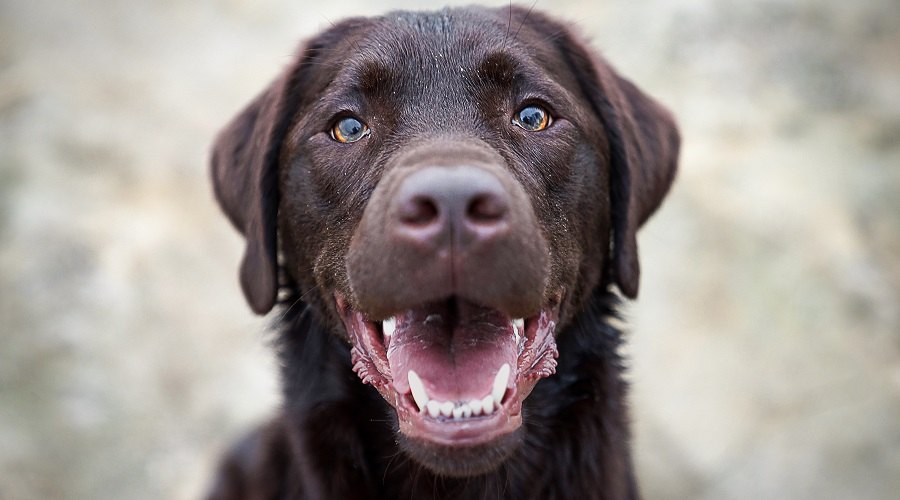Canine participants could be the key to cancer prevention in dogs...and humans.
Colorado State University (CSU), a leader in animal cancer research and treatment, is asking for your help. The Flint Animal Cancer Center of the James L. Voss Veterinary Teaching Hospital is looking to enroll 800 healthy, middle-aged pet dogs to evaluate the effectiveness of a new cancer prevention vaccine.
The initial research for this trial was the work of Stephen Johnston, a professor and director of the Center for Innovations in Medicine, part of the Biodesign Institute at Arizona State University (ASU), and his team. For decades, conventional wisdom has suggested that a universal, preventive cancer vaccine would not be possible because all cancers are unique. However, the ASU team discovered a way to identify commonalities among cancerous tumors. Using that information, they developed what they believe is a potential one-size-fits-all cancer prevention vaccine.
Johnston turned to his colleagues at CSU to help with the clinical trials, which are now led by CSU's Dr. Douglas Thamm, director of clinical research. The results of a successful, preventative vaccine are not only positive for our canine companions but have the potential to prevent cancer in humans, as well.
“This is a critical study in the evaluation of this vaccine,” Thamm said. “Testing this approach in dogs will serve as the perfect bridge to human studies."
According to the research website, the goal of the VACCS trial is to evaluate a new vaccine strategy for the prevention, rather than treatment of dogs with cancer. Healthy dogs of certain breeds, six years or older, will be randomized to receive either a series of vaccines similar to other routine vaccines that are given to dogs currently, or placebo vaccines. Dogs will live at home and be checked two times yearly for five years after enrollment. A financial incentive will be offered to defray the cost associated with diagnostics and treatment of any cancers that dogs develop, regardless of whether they are receiving vaccine or placebo.

Labs are among many dog breeds being accepted in the trial, including German shepherds, golden retrievers, and mixed-breed dogs.
In order to qualify for the study, your pup must meet the following criteria:
- Dogs must live within 150 miles of the trial sites
- Dogs must be between six and 10 years old
- Weigh at least 12 pounds
- Have no history of cancer or autoimmune disease
- Have no significant illnesses that could result in a life span fewer than five years
- No current treatment with oral or injectable immunosuppressive medications
- Be one of 45 breeds
According to CSU, Stephanie Foster, who is from Highlands Ranch, decided to see if her dog, Fraser, would qualify for the study. After a physical exam, bloodwork, ultrasound and X-rays, Fraser was cleared for enrollment in the trial in mid-May and was among the first dogs to receive a vaccination.
“One year after I was diagnosed with breast cancer, my dog, Maple, was diagnosed with lymphoma. She died nine months later,” Foster said. “I hate cancer, and if there’s a chance that this vaccine will prevent cancer in Fraser, and we can find a way to prevent cancer altogether in dogs and maybe even people, that would be a dream come true.”
If you are interested in enrolling your dog, you can sign up for screening on the Flint Animal Cancer Center's clinical trial website.
